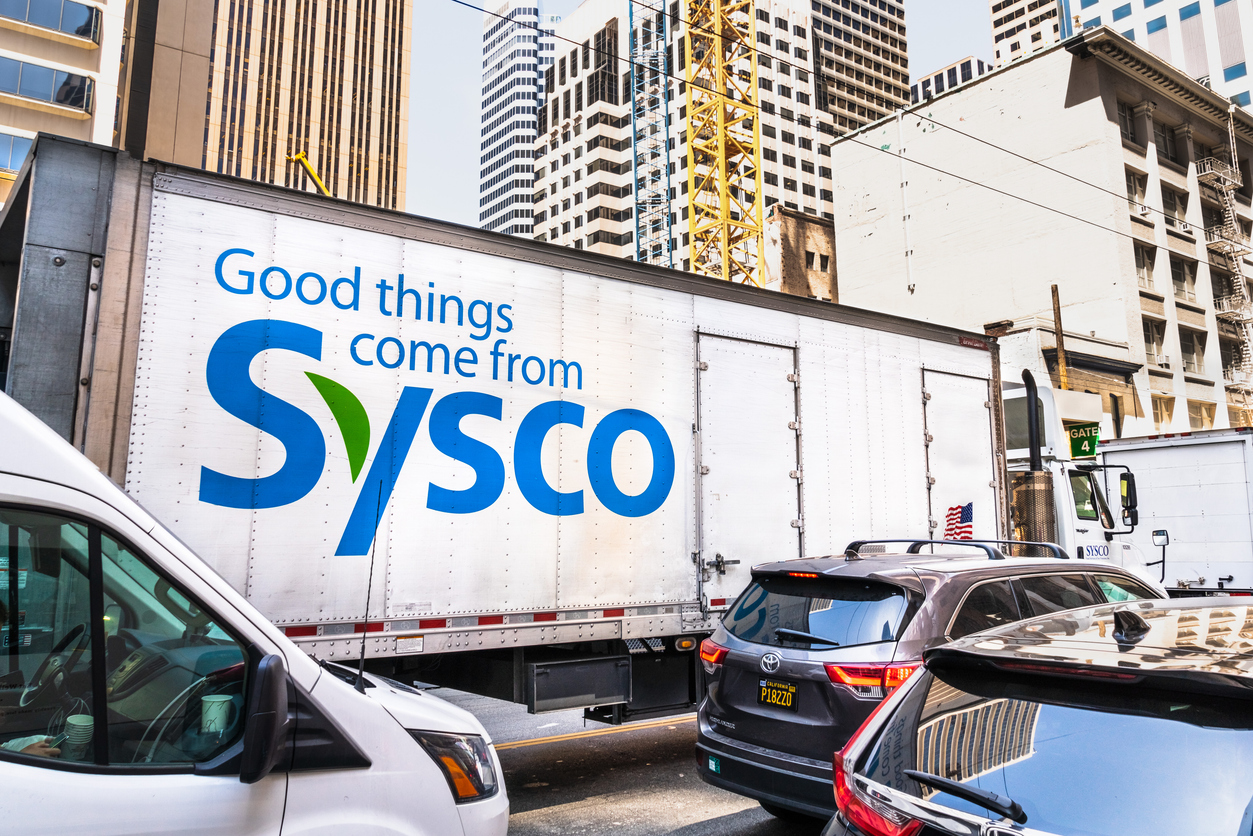
Sysco Corporation (SYY), headquartered in Houston, Texas, is a leading distributor in the food service industry, expertly marketing and distributing a diverse array of food and related products through its subsidiaries. Catering to esteemed clients such as restaurants, healthcare and educational facilities, and lodging establishments, SYY operates an extensive network of distribution facilities across the U.S., Bahamas, Canada, the Republic of Ireland, and Northern Ireland. Valued at $36.5 billion by market cap, the company serves customers through its nearly 2,000 stores and digital channels, including Sysco.com.
Companies worth $10 billion or more are generally described as “large-cap” stocks, and Sysco fits right into that category, signifying its substantial size, stability, and dominance in the food distribution industry. Its operational efficiency comes from effectively managing logistical and overhead costs, boosted by a significant market share resulting in high route density, thus lowering costs per delivery.
However, it's not all sunshine and rainbows for Sysco. The leading food distributor has fallen 11.5% from its 52-week high of $82.89, which it hit on February 2. Moreover, shares of SYY are down 10.2% over the past three months, compared to the Invesco S&P 500 Equal Weight Consumer Staples ETF’s (RSPS) 3.8% decline over the same time frame.
In the long term, Sysco slightly outperforms the broader consumer staples sector. SYY's shares have risen by 1% over the past year, with marginal gains in 2024. In contrast, the RSPS has experienced a marginal decline on a YTD basis and has dropped by 6.9% over the past 52 weeks.
However, since early April, the stock has consistently traded below its 50-day moving average and has remained under its 200-day moving average since late May, indicating a downtrend.
Sysco's underwhelming performance in 2024 can be attributed to a softer macroeconomic environment, particularly lower restaurant traffic year over year.
Despite these challenges, Sysco delivered profit growth in Q3 by prioritizing gross profit margins and efficient expense management. Sysco also capitalized on market share opportunities to counteract negative restaurant traffic, ensuring profitable sales and case growth. The company is committed to enhancing local case volume performance this year through targeted workforce, processes, and technology investments.
However, the market responded unfavorably to Sysco's financials, sending the food distribution titan's stock down 3.8% on April 30 following the release of its Q3 earnings. While Sysco’s adjusted earnings of $0.96 per share surpassed Wall Street estimates, its revenue of $19.4 billion fell short of market expectations.
Rival Kroger (KR) has outperformed SYY with 9.9% gains in the past 52 weeks and 9.8% YTD.
Despite its recent underperformance compared to other consumer staples stocks, analysts are confident in SYY’s prospects. The stock has a consensus rating of “Strong Buy” from the 15 analysts covering it, and the mean price target of $85.50 reflects a 16.6% premium to current price levels.
On the date of publication, Kritika Sarmah did not have (either directly or indirectly) positions in any of the securities mentioned in this article. All information and data in this article is solely for informational purposes. For more information please view the Barchart Disclosure Policy here.






